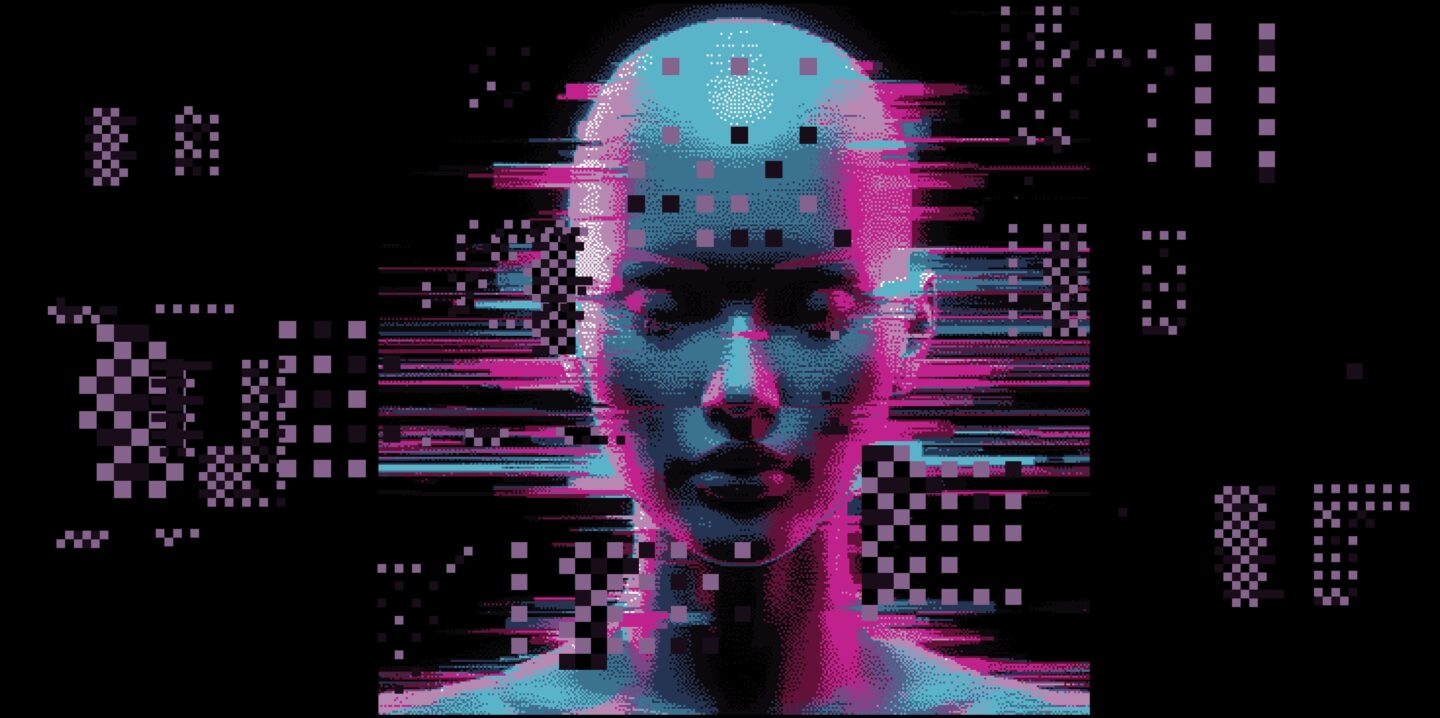
Where Luxury Lives Online
Splendor created a polished website for Signature Homes that highlights craftsmanship, elegance, and luxury in every custom residence.
read more
So much talk today is centered around the implications of technology, specifically AI, in our modern age. Where will AI take us? How will it change marketing? Our lives? The world?
In this age of rapidly advancing technology, human intelligence, and our collective application of it in the field of marketing, feels as if it’s at a crossroads. The use of AI to crunch enormous amounts of data to identify and discover patterns that inform media strategies and improve audience targeting is one example where science and engineering has drastically improved our profession. However, what I consider the “craft” aspect of our business such as ideation, experience design, engagement strategies, and creativity in general, is where we need to consider if AI and other technologies are really capable on their own of improving the process of humans communicating to humans.
The pervasive uncertainty surrounding AI’s impact on marketing has many of us wondering about the value human intelligence will ultimately play in how we approach the craft aspect of our work. While history has been a guide in navigating change at a macro level throughout society, the accelerated pace of technology and its evolution within marketing begs the question: Will the persistence of marketing innovation eventually render our collective human intelligence and creativity obsolete?
I can’t say I have the answer to that question, however, I believe that there is irrefutable value in the conscious and disciplined practice of slowing down, observing, asking questions, and listening to others who have experience. In other words, I see tremendous value in incorporating human intelligence, as well as machines, into the craft of marketing.
Technology, including AI, is not, should not, and will never be a good reason to stop thinking, or applying human intelligence into creativity. Relying on shortcuts and leaning on AI as a crutch to create work that ultimately needs to connect to humans will likely result in executions and programs that are subpar at best.

How do you know if you’re taking a risky shortcut?
Well, you have to have an understanding of what the basic required framework needs to be for what you’re trying to create. That’s called experience. And yes, experience is most definitely relative, which is why crowdsourcing the intelligence of others is so crucial prior to enlisting the support of artificial intelligence or any other technology to enhance what you’re trying to create.
With all the rapid advancements in technology in our field, it’s easy to lose touch with the importance of human intelligence and experience and the role it plays in our craft. However, I believe now, more than ever, the importance of thoughtful reflection, learning from one another, resisting the temptation to apply technology to take risky creative shortcuts, and applying technology as a means to enhance rather than replace human intelligence will be what maintains the integrity of our craft.
I believe that creativity that starts with human intelligence is still the most powerful tool in our marketing arsenal. At least for now.

Splendor believes an educated client is our best client. Stay tuned to our blog for insight into the world of everything design, web, and digital media. Have something to add? Connect with us on LinkedIn – we’d love to hear from you.

Splendor created a polished website for Signature Homes that highlights craftsmanship, elegance, and luxury in every custom residence.
read more
In competitive markets, a logo or website alone won’t cut it. Businesses are turning to full-service branding agencies to align strategy, messaging, and design, creating clarity that drives growth.
read more
Splendor makes complex systems simple with a fresh brand and website for Climate Mechanical Services.
read more